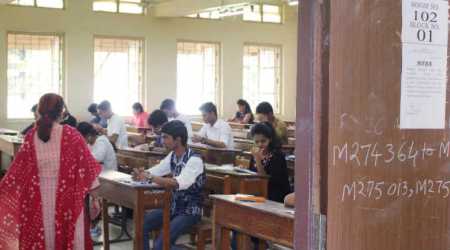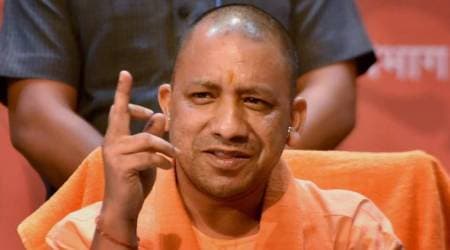 The Facebook page created by Sandeep Dutt from Ludhiana and Faisal Hayat from Rawalpindi
The Facebook page created by Sandeep Dutt from Ludhiana and Faisal Hayat from Rawalpindi
Sandeep Dutt (22) from Ludhiana in Punjab and Faisal Hayat (19) from Rawalpindi in Pakistan have never met. Both, being students, have limited resources. But this has not deterred them from forging a deep bond not only between themselves, but also among many others from both sides of the border who share a common history and, in many cases, also a common ancestry and its attendant tales.
Dutt, a final-year IT student, and Faisal, a journalism student at Rawalpindi’s Foundation University, have created a “Bolti Khidki (The Speaking Window)”, a unique online platform where people from both sides of the border are interacting with each other, telling their stories of survival and even finding their old acquaintances from pre-Partition times.
Since April this year when they started the initiative, the two youths have been taking time off their studies to travel, call up people and collect their Partition-era stories and then putting them up for the people to read on their Facebook page ‘Bolti Khidki’ along with photographs. The duo has already collected and uploaded 16 stories and the Facebook page, with tagline “Khidki bula rahi hai aaja, ghar pados ka dekh le”, already has 5,600 followers.
“I and Faisal have never met, but we connected through a social networking site. We decided to have a platform to show how much our ancestors suffered. And also to see that past mistakes are not repeated. The aim is also to create a positive environment and change image of common people from both sides in each other’s minds,” Dutt told The Indian Express.
“India and Pakistan are neighbours and usually we interact with our neighbours through khidki (windows). So Bolti Khidki means a window which is narrating stories of padosi’s ghar to you. It feels good when people from both sides comment and interact on our platform. We are not promoting hate but peace,” says Dutt. Dutt and Faisal are helped by Ritika Sharma, an English teacher based in Ludhiana who has volunteered to edit the interviews.
“Indian story every Monday, Pakistani story every Friday. Love and Peace Anytime,” is how Bolti Khidki introduces itself. “We want people from both sides to realise and feel the immense pain they went through during Partition. Once they feel each other’s pain, hatred and enmity will be reduced,” says Dutt.
“Once we cross 100-120 stories mark, we shall be publishing a book titled Bolti Khidki. We are also looking for more volunteers in both countries,” says Faisal. Of the most emotional and traumatic stories they have got till now are those of Pushpa Rani (75) from India and Muhammad Shafique (77) from Pakistan.
Born in Mintgumri of Pakistan, Pushpa Rani recounts how she was thrown out of train in a heap of corpses on way to Ferozepur from Okara (now in Pakistan). She was just five then. The mob assumed her dead and threw her out of train. She was separated from her mother and siblings. Her two paternal uncles and grandmother were killed. Later, she was reunited with her mother and siblings and got married in Ludhiana.
Shafique, whose family shifted from Panipat (in India) to Lahore, has narrated a horrifying tale of how his family, one among 17 Muslim families living in the area, were forced to move out. Aged seven then, he saw his pregnant mother falling unconscious multiple times on their way to Delhi and finally dying during delivery in Lahore. “The entire train was filled with stench of human blood. My mother died during delivery in Lahore,” he says.
“Currently we are a team of three people only. So we have reached Patiala, Jalandhar and Ludhiana in India and Rawalpindi, Chakwal and Sargodha. Soon we will be reaching other places,” says Dutt, who is also learning Urdu.

